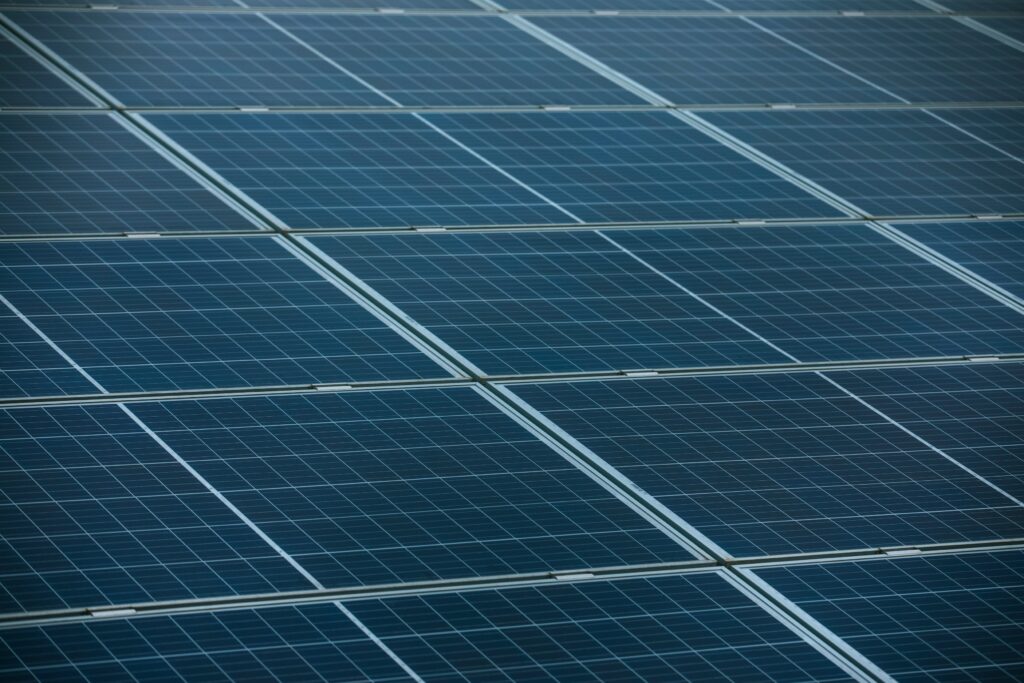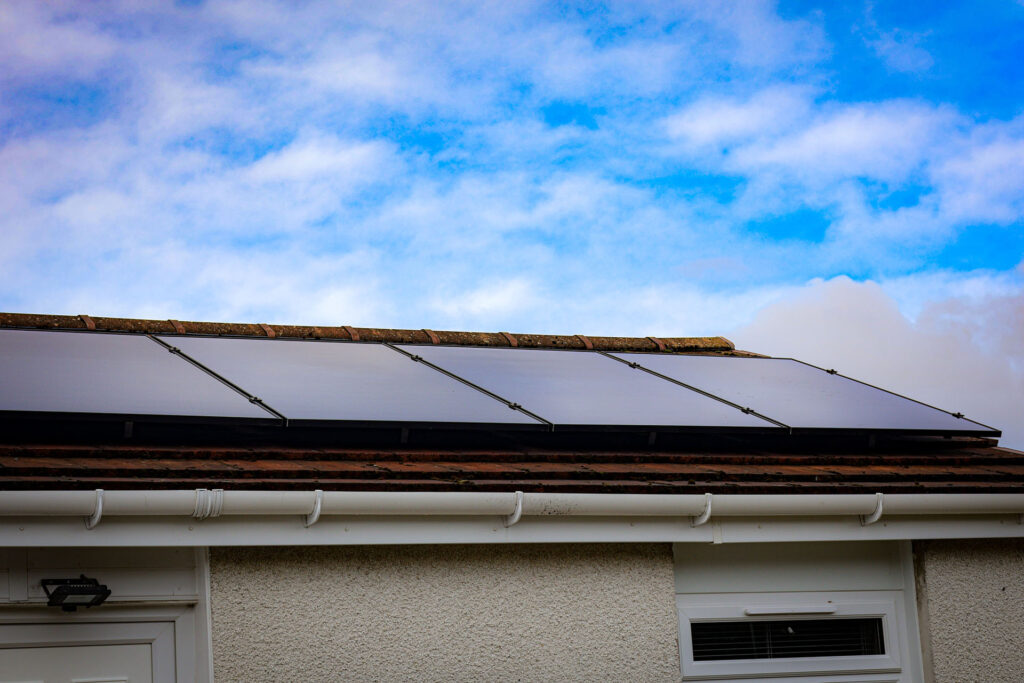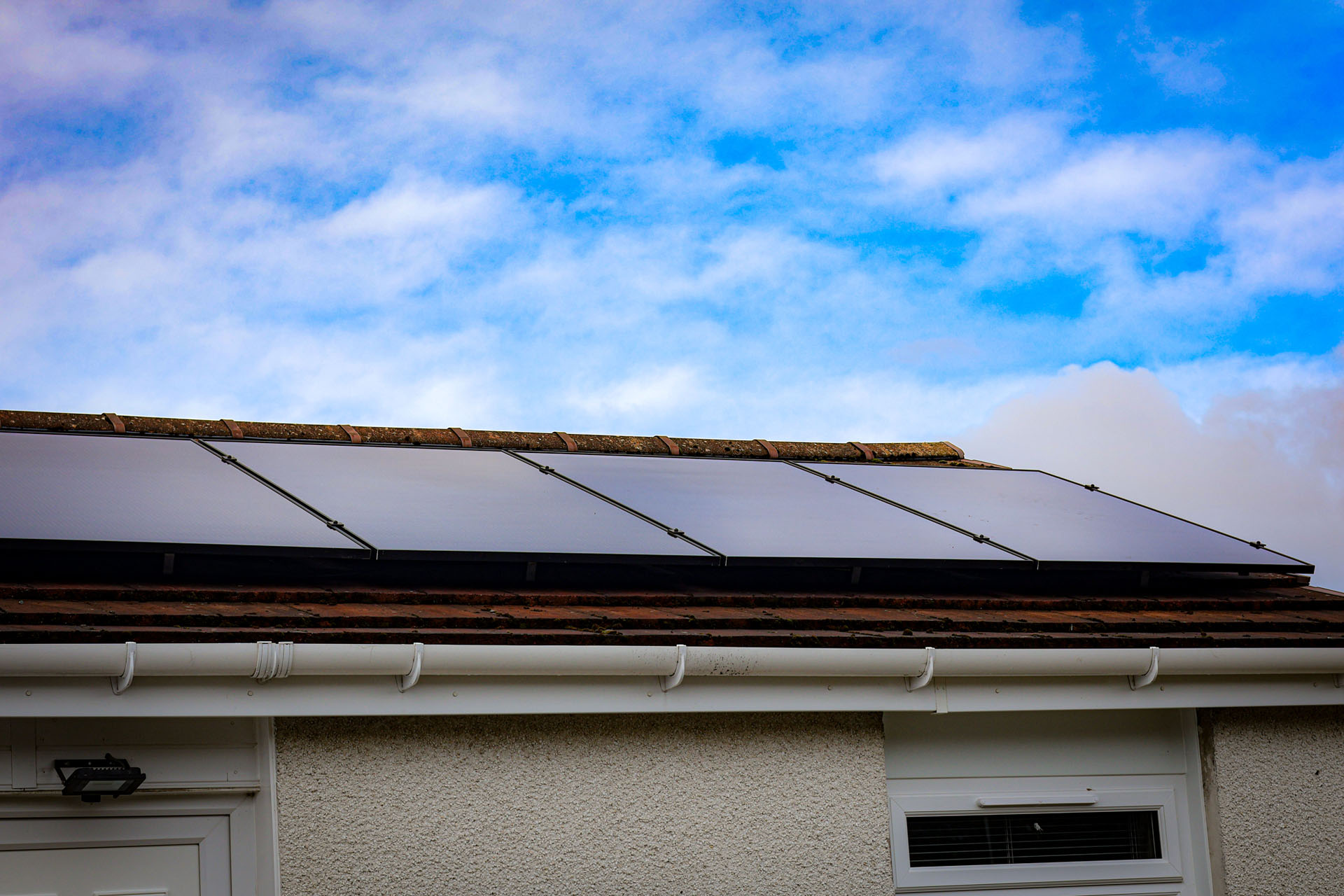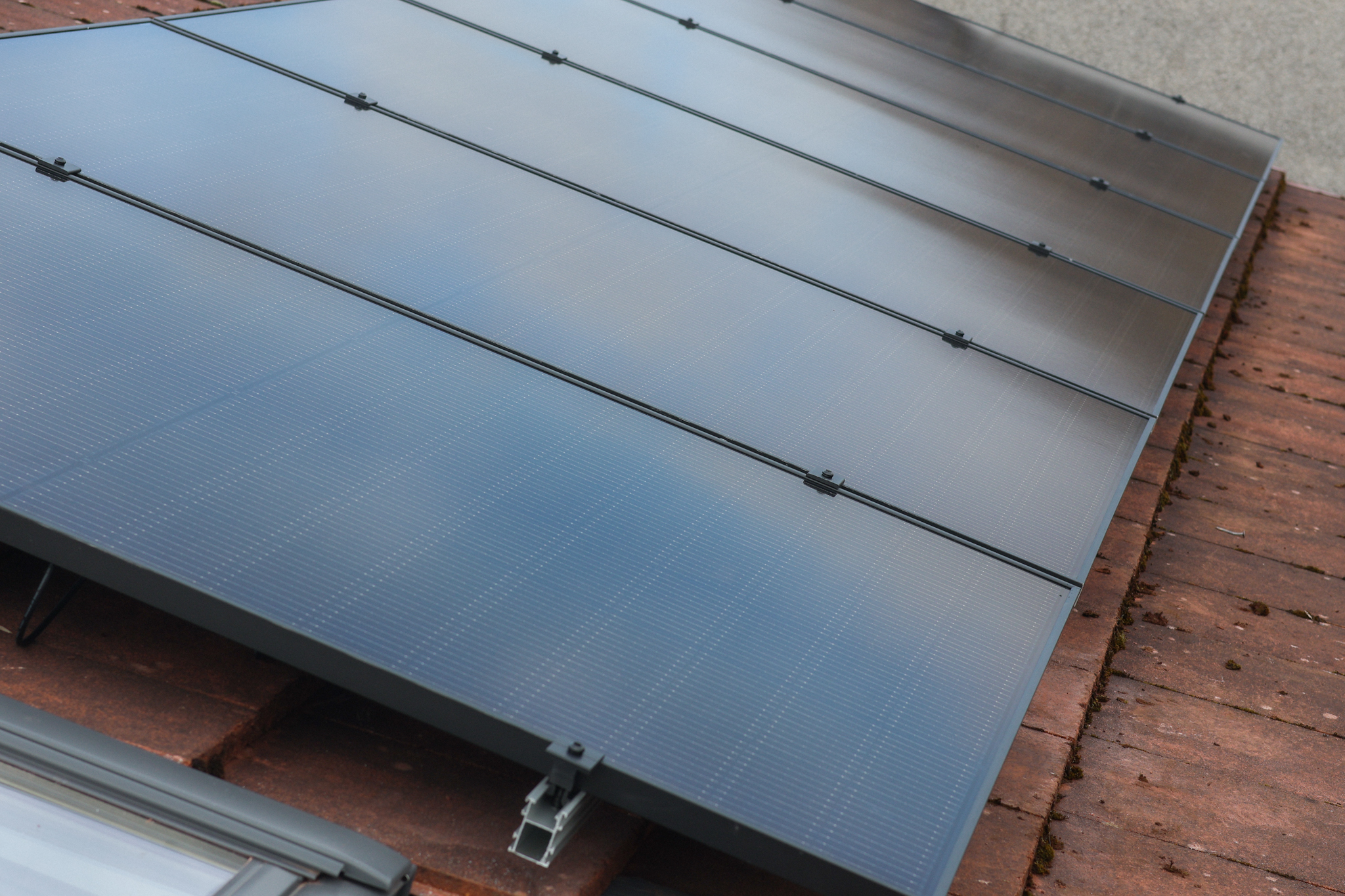Introduction
In an era where energy costs are steadily rising, households are increasingly looking for ways they can be reducing energy bills. One of the most effective solutions is the adoption of solar energy. This article explores how solar energy can significantly lower your electricity costs, providing both financial relief and environmental benefits.

Understanding Solar Energy
What is Solar Energy?
Solar energy is derived from the sun’s radiation and can be converted into electricity using photovoltaic (PV) panels. This renewable energy source is abundant, sustainable, and increasingly affordable, making it a popular choice for households aiming to cut down on their energy expenses.

How Solar Energy Reduces Electricity Bills
Generation of Free Electricity
Once installed, solar panels generate electricity at no additional cost. By harnessing the sun’s energy, households can produce their own power, significantly reducing the amount of electricity they need to purchase from the grid. This leads to immediate savings on monthly electricity bills.
Net Metering
Net metering is a billing mechanism that credits solar energy system owners for the electricity they add to the grid. If your solar panels produce more electricity than your home consumes, the excess power is fed back into the grid, and you receive a credit on your electricity bill. During times when your panels generate less electricity (like at night or on cloudy days), you can use these credits to offset your grid consumption.
Energy Independence
By generating your own electricity, you become less dependent on the grid and less vulnerable to fluctuating energy prices and blackouts. This energy independence can provide long-term financial stability and peace of mind, knowing that a portion of your energy needs is secured at a fixed, zero cost.
Financial Benefits of Solar Energy
Reduction in Monthly Bills
The most immediate benefit of solar energy is the reduction in your monthly electricity bills. Depending on the size of your solar installation and your household’s energy consumption, you could potentially eliminate your electricity bill altogether.

Return on Investment
Although the initial investment in solar panels can be substantial, the long-term savings often outweigh these costs. On average, homeowners can expect to see a return on investment within 5 to 10 years. With solar panels typically lasting 25 to 30 years, the majority of this period can be considered pure savings.
Challenges and Solutions
Initial Costs
The high upfront cost of solar panel installation can be a barrier for many households. That being said, falling solar panel prices and increasing efficiency mean that the initial investment is continually decreasing. Plus, the returns that are yielded after the first 5 to 10 years make them a great decision in the long term.
Weather Dependency
Solar energy production is dependent on daylight, which in the winter months is a little less frequent. To mitigate this, households can combine solar panels with energy storage solutions like batteries, ensuring a stable supply of electricity even during the darker months or on cloudier days.
Conclusion
Solar energy offers a practical and effective solution for reducing electricity bills. By generating free electricity, benefiting from net metering, and achieving energy independence, households can enjoy substantial financial savings. Despite the initial costs, the long-term benefits make solar energy a worthwhile investment. As technology advances and solar energy becomes more accessible, more households can look forward to lower electricity bills and a sustainable future.
FAQs
What is the main benefit of using solar energy in homes?
The primary benefit is reducing energy bills significantly, providing long-term financial savings and energy independence.
How does net metering work with solar energy systems?
Net metering credits solar energy system owners for the electricity they add to the grid. Excess power generated is fed back into the grid, offsetting the electricity consumed during periods when the system produces less energy.
Can solar panels generate electricity on cloudy days?
Yes, solar panels can still generate electricity on cloudy days. They depend on daylight, rather than direct sunlight. Combining solar panels with energy storage systems can help ensure a consistent power supply.
How long do solar panels typically last?
Solar panels typically have a lifespan of 25 to 30 years, with many manufacturers offering warranties that guarantee performance over this period.

